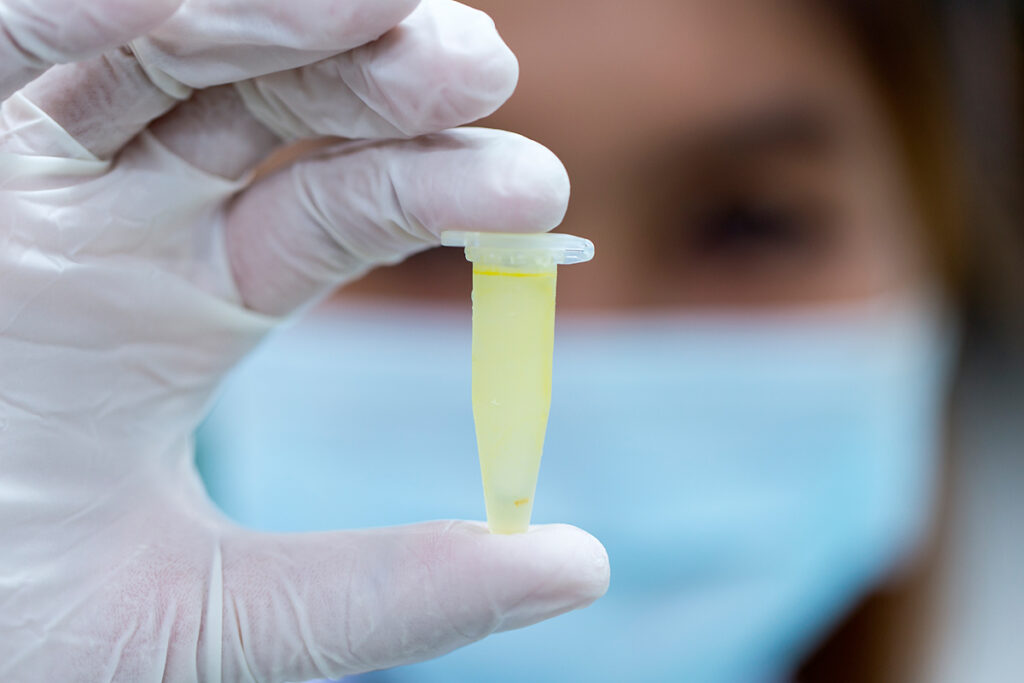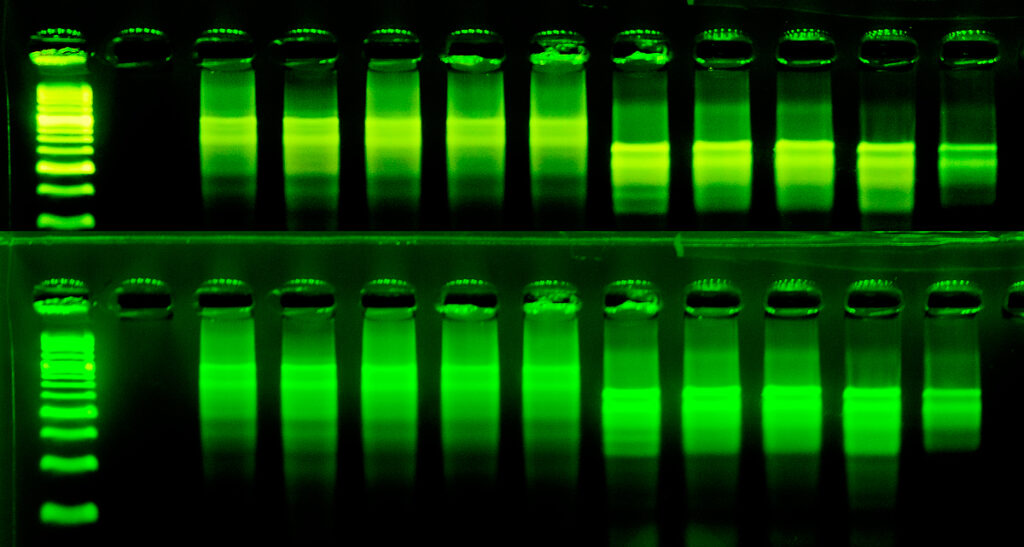Importance of meta-analysis in the hierarchy of medical knowledge
There are several different types of medical studies to evaluate the clinical effectiveness of drugs or treatment approaches. Each type of research is subject to certain kinds of errors due to methodological features. for example, in observational studies, it is impossible to determine what is the cause and what is the effect.
To reduce the number of errors and obtain a reliable result, scientists use statistical methods to analyze the effects of several studies. This method of combining the results into single research is called a meta-analysis.
Meta-analysis occupies the highest position in terms of reliability in the hierarchy of scientific knowledge. In evidence-based medicine, meta-analysis is one of the main tools for evaluating clinical effectiveness.
However, the meta-analysis may contain errors or incorrect conclusions.
A meta-analysis on the positive effects of statins in coronavirus infection
American scientists from the universities of Minnesota, Chicago, Utah and the Graduate School of Medicine in Manhattan (USA) analyzed 274 scientific publications containing the words “statin” and “COVID-19”. each study was independently evaluated by two authors for inclusion in a meta-analysis.
As a result, after applying the acceptance criteria for the meta-analysis, there were 4 observational studies of good and average quality. A total of 8,990 patients with confirmed COVID-19 participated in these studies. Of this number, 2,628 people took statins, ace inhibitors, and beta-blockers for a long time. Moreover, 6,362 people made up the control group because they had never taken statins.
The combined analysis showed a 30% reduction in the risk of fatal or severe COVID-19 with long-term use of statins compared to the control group (hazard ratio, HR = 0.70; 95% CI 0,53 – 0,94).
The researchers note that the risk reduction was observed in people who are continually receiving medium and high doses of statins (atorvastatin equivalent: 20 to 40 mg per day).
A meta-analysis on the absence of a positive effect of statins in COVID-19
A month after the publication of the meta-analysis conducted by American researchers, Indonesian scientists published their meta-analysis.
Researchers from the University of Pelita Harapan (Indonesia) analyzed 8,350 scientific publications containing the words “COVID-19” and “statin” or “lipid-lowering drugs”.
As a result, 9 observational studies were selected for meta-analysis. It is important to note that both meta-analyses shared data from only 2 studies.
The total number of patients with confirmed coronavirus infection in 9 studies was 3,449. Of these, 699 people were continually taking statins, and the control group – 2750 people (people who had never taken statins).
The combined analysis showed that statin therapy does not improve outcome of the disease nor severe (odds ratio OR of 1.64 (95% confidence interval 0,51 DI–of 5.23), p = 0,41), nor with a lethal outcome from COVID-19 (OR 0,78 (95% CI of 0.50 to 1.21), p = 0,26).
The researchers suggest several factors that explain the lack of positive effects of statins. Researchers note that anticholesterol drugs have multiple effects on the body:
- First, statins carry a potential risk of amplifying compensatory immune signals – acute respiratory distress syndrome is more likely to develop due to higher levels of pro-inflammatory proteins.
- Second, statins can cause myotoxicity and acute kidney damage in some patients. The negative effect may be exacerbated by concomitant use with COVID-19 antivirals, such as lopinavir and darunavir. Lopinavir (darunavir) and statins act oppositely on the cytochrome P450 system, which controls the most critical metabolic processes. Therefore, the positive effects of statins can be counterbalanced by the potentially harmful effects of lopinavir (darunavir) and cause a neutral impact on the treatment of COVID-19.
- Third, the anti-inflammatory effects of statins are relatively lower than those of corticosteroids, such as dexamethasone. Taking statins may not significantly affect the inflammation or cytokine storm that has occurred in a coronavirus infection.
Conclusions
Scientists have not yet come to a clear decision about the role of statins in the treatment of coronavirus infection. A significant difference in the results of meta-analyses shows that the existing data is not enough to make a decision.
However, there are issues in which the opinions of scientists converge:
- Patients with dyslipidemia who take statins should continue taking them, despite the infectious status of COVID-19. For this group of patients, statins have a beneficial effect on the cardiovascular system.
- Patients who have never taken statins should not start taking them without a doctor’s appointment – the consequences can be unpredictable.
Sources:
- Meta-analysis of Effect of Statins in Patients with COVID-19
- Statin therapy did not improve the in-hospital outcome of coronavirus disease 2019 (COVID-19) infection



